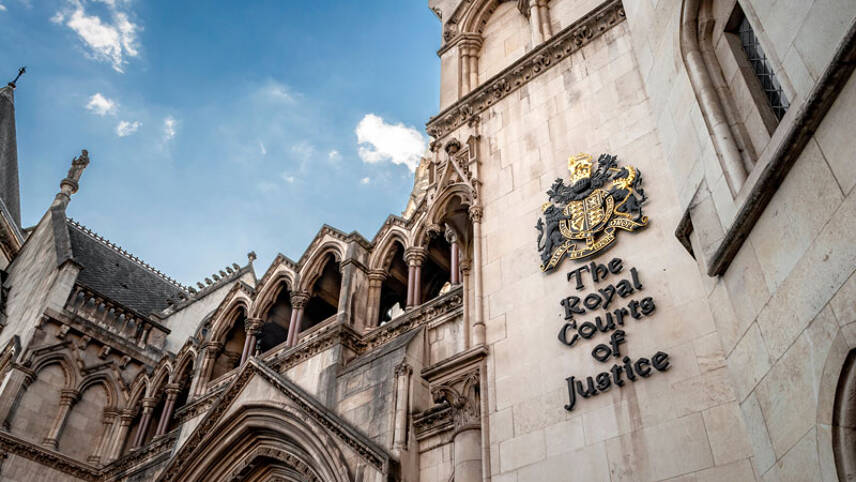Register for free and continue reading
Join our growing army of changemakers and get unlimited access to our premium content

This marks the second time these organisations have pursued legal action against the Government concerning its strategy for meeting legally binding climate targets.
Previously, in 2022, the High Court ruled in favour of the organisations, citing breaches of the Climate Change Act 2008 (CCA) and mandating the Government to revise its approach to net-zero emissions.
The Government’s revised plans published in spring 2023 contained many of the same pitfalls as before, the three organisations claimed. Now, they are contesting the Government’s revised strategy, known as the Carbon Budget Delivery Plan, which was unveiled in March 2023.
The green groups assert that this plan falls short and fails to comply with the mandates of the Climate Change Act, which commits the Government to reducing greenhouse gas (GHG) emissions by at least 80% of 1990 levels by 2050.
Friends of the Earth lawyer Katie de Kauwe said: “We believe the Government’s revised climate action plan is a complete pipe dream.
“It lacks critical information on the very real risks that its policies will fail to deliver the cuts needed to meet legally binding carbon reduction targets and relies too heavily on unproven technologies.”
The High Court will hear the case between Tuesday (20 February) and Thursday (22 February).
Basis of the legal challenge
The organisations raise concerns about a lack of comprehensive information concerning the assessment of risks tied to proposed policies in Carbon Budget Delivery Plan.
This absence of clarity also casts doubt on the effectiveness of these policies in achieving the desired reductions in emissions.
Moreover, there’s apprehension regarding the reliance on high-risk technologies and the vagueness surrounding proposed measures.
The organisations also argue that there’s insufficient transparency regarding the risks associated with policy delivery. This opacity leaves both Parliament and the public uninformed about the potential ramifications of the proposed strategies.
Good Law Project has been urging ministers to release the risk tables associated with these policies for the past eight months. Nevertheless, the Government has consistently declined to do so.
However, once mentioned in court, the risk tables will be published and disseminated unless the Government seeks a court order to prevent their disclosure.
Friends of the Earth contends that the plan also imperils the UK’s ability to fulfil its international commitment to slash emissions by two-thirds by 2030.
De Kauwe added: “Climate action is not only good for the planet, it’s essential for creating new jobs and business opportunities, boosting energy security and reducing our reliance on costly fossil fuels.”
Since the plan’s publication last year, the Government has faced criticism for diluting key climate policies and expressing intentions to maximise extraction from North Sea gas and oil reserves.


Please login or Register to leave a comment.